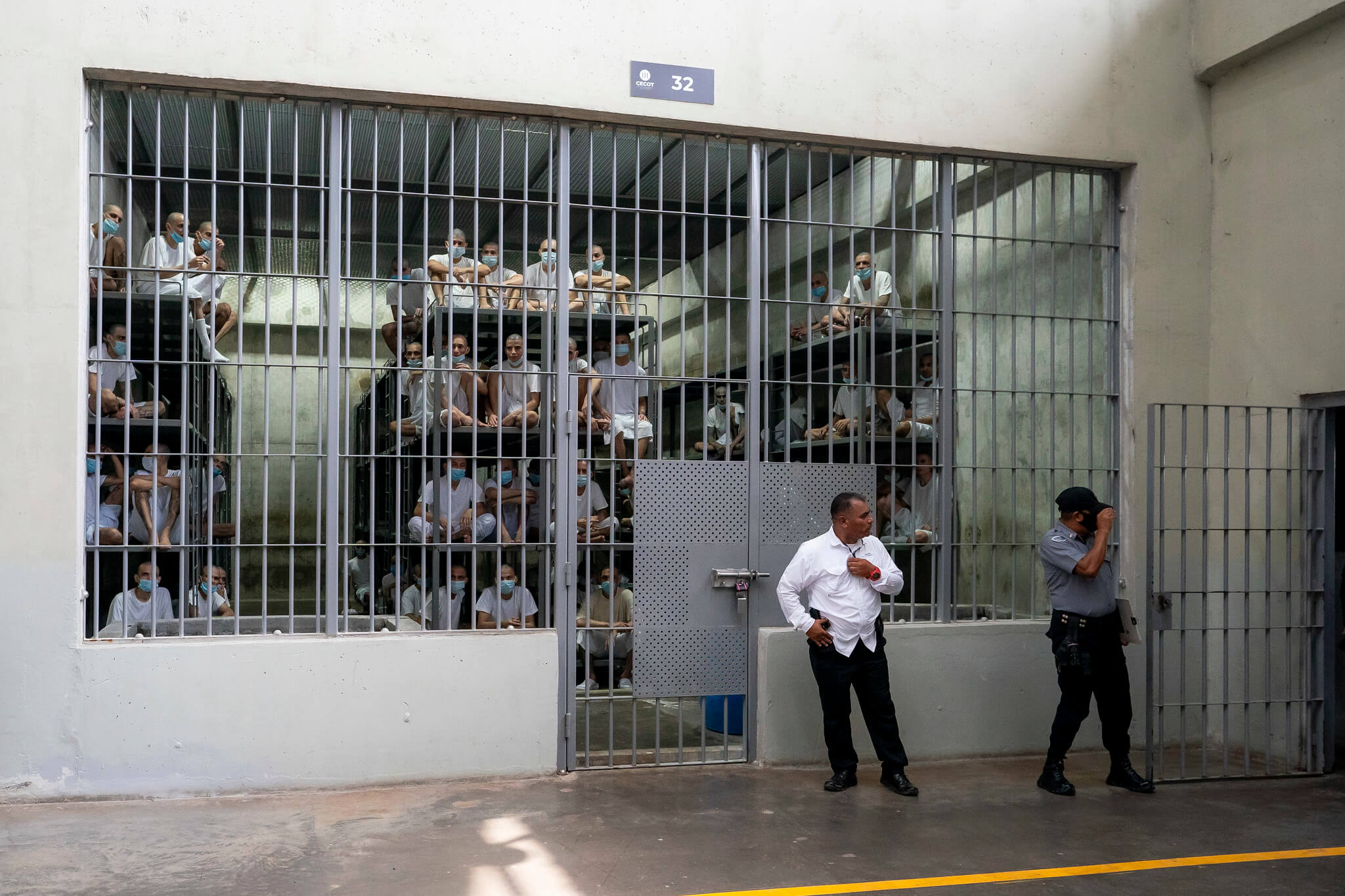Today's Headlines and Commentary
In advance of tonight’s midnight deadline, nuclear negotiators in Switzerland have been working hard and working late. Yesterday, U.S.
In advance of tonight’s midnight deadline, nuclear negotiators in Switzerland have been working hard and working late. Yesterday, U.S. Secretary of State John Kerry stated, “We are working late into the night and obviously into tomorrow.” The Washington Post has the tick-tock on diplomats “scurry[ing] to reach” a settlement.
Still, even if Iran and the P5+1, the permanent members of the U.N. Security Council plus Germany, manage to reach some kind of settlement by midnight, the New York Times notes that some of the major sticking points will not be resolved until late June: “The main points that the negotiators have been grappling with include the pace of lifting United Nations sanctions, restriction on the research and development of new types of centrifuges, the length of the agreement and even whether it would be detailed in a public document.”
According to the Associated Press, the P5+1 and the Islamic Republic will issue a “general statement” today, which agrees to continue discussions into a new phase. “The joint statement is to be accompanied by additional documents that outline more detailed understandings, allowing the sides to claim enough progress has been made thus far to merit a new round.”
The AP also provides a guide for understanding where the negotiations currently stand, while the Atlantic’s Jeffrey Goldberg offers some questions he has about the contours and effects of any proposed deal.
The Council on Foreign Relations shares an interview with Lawfare’s own John Bellinger, who discusses Congress’ role in any future nuclear deal.
Meanwhile, a recently released Washington Post-ABC News poll finds that fifty-nine percent of Americans support a nuclear deal with Iran, though that same percentage of respondents believes that such an agreement would not actually stop the Islamic Republic from developing nuclear weapons.
Even if an agreement is reached, Iran has no intentions of normalizing relations with the U.S. Reuters quotes an Iranian official, who maintains, "You cannot erase decades of hostility with a deal. We should wait and see, and Americans need to gain Iran’s trust. Ties with America is still a taboo in Iran.”
Yesterday, the Pentagon denied reports that a U.S. drone strike near Tikrit killed two Iranian Revolutionary Guard members on March 23. Currently, the Iraqi army and Shia militias, with the support of U.S. coalition airstrikes, are battling to retake the city from the Islamic State. Al Jazeera has more.
Leaders of Shia paramilitary groups involved in the fight for Tikrit announced yesterday that the U.S. has allegedly agreed to halt airstrikes on the city. The Post points out that doing so “would mean that the airstrikes had essentially been used to ease the militiamen’s path into the city.” Washington has been hesitant of being perceived as assisting the Iranian-backed militia groups.
The Defense Department has released seven photos, which show U.S. forces training Iraqi soldiers to fight the Islamic State.
Yesterday, Defense Secretary Ash Carter announced U.S. support for a joint Arab military force, noting, “The willingness of the parties there to step up and do more for stability in the Middle East is a good thing." The Times shares his statements.
However, the Post Editorial Board explains why a unified Arab military force could exacerbate issues in the Middle East.
In northern Yemen, dozens died yesterday when an airstrike rocked a camp for displaced civilians. The Times describes this bombing as the deadliest incident since the Saudi-led coalition decided almost a week ago to beat back gains made by Iranian-supported Houthi rebels.
Meanwhile, the Wall Street Journal informs us that Saudi-led naval forces have blockaded Yemeni ports.
The New Yorker profiles Chinese President Xi Jinping and explains how “an unremarkable provincial administrator became China’s most authoritarian leader since Mao.”
Yesterday, National Security Agency police officers at Fort Meade opened fire on a Ford Escape after its driver failed to heed instructions to stop near “a restricted exit leading to a security post.” The incident apparently “was not a deliberate attempt to breach the security of the NSA.” Instead, the Post reports that the two men in the car may have taken a wrong exit on the Baltimore-Washington Parkway and then refused to stop because there were drugs in the car. One of the men died, while his companion was hospitalized for his injuries.
In the case against alleged U.S.S. Cole bomber Abd al Rahim al Nashiri, judge Air Force Col. Vance Spath ruled yesterday that Nashiri receives adequate healthcare from the prison at Guantanamo Bay. Carol Rosenberg of the Miami Herald reports.
Lawyers for five Afghan men being held at GTMO sent a letter to the Obama administration yesterday, asking for the release their clients. According to the lawyers, the prisoners’ “continued detention is illegal because the hostilities in Afghanistan, the only possible justification for detention, have ended.” The Miami Herald has that story, as well.
Morris D. Davis, a retired Air Force colonel who served as the chief prosecutor of the military commissions at Guantanamo Bay from 2005 to 2007, has an op-ed in the Times, in which he describes “Guantanamo’s charade of justice.”
ICYMI: Yesterday, on Lawfare
Ashley Deeks examined the international legal justification for the Saudi-led coalition’s airstrikes in Yemen.
Ben shared audio from his appearance on the Diane Rehm show promoting his new book with Gabriella Blum, The Future of Violence: Robots and Germs, Hackers and Drones - Confronting a New Age of Threat.
Email the Roundup Team noteworthy law and security-related articles to include, and follow us on Twitter and Facebook for additional commentary on these issues. Sign up to receive Lawfare in your inbox. Visit our Events Calendar to learn about upcoming national security events, and check out relevant job openings on our Job Board.




